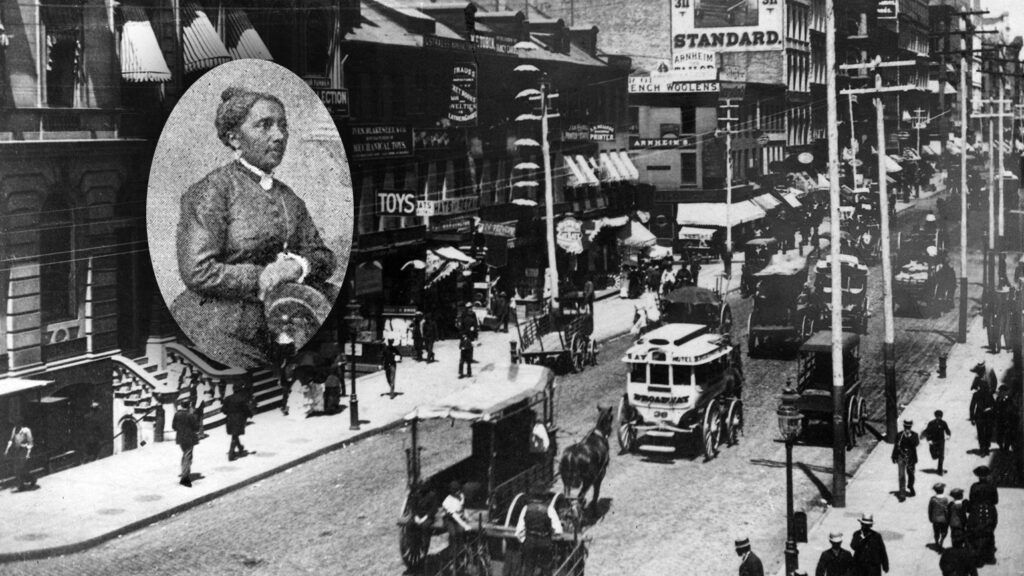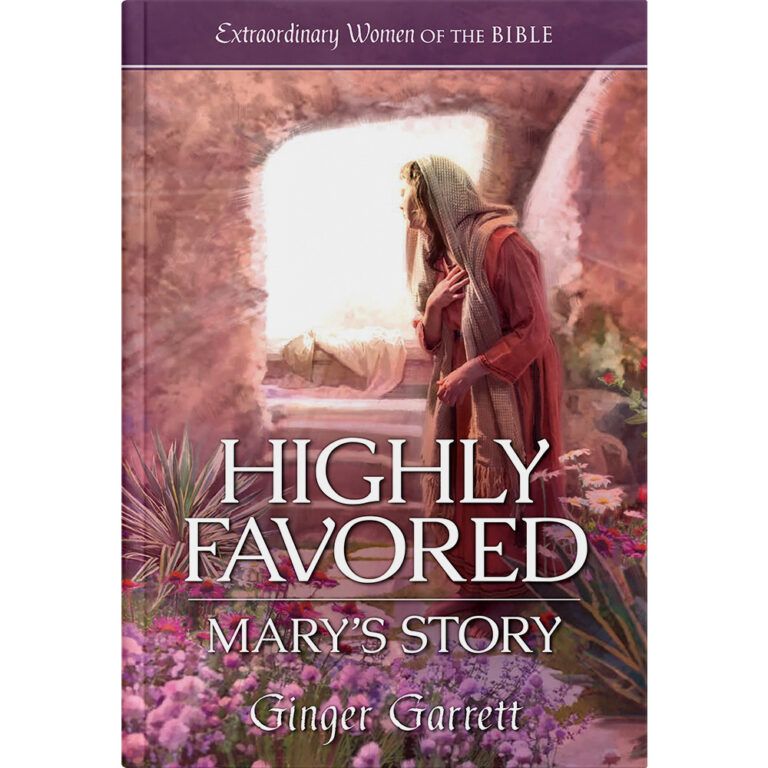Rosa Parks is rightly considered an icon of the fight for equality and civil rights for her refusal to give up her seat to a white man on a crowded Montgomery, Alabama, bus, sparking the yearlong Montgomery Bus Boycott in 1955.
Interestingly, though, Parks was not the first African-American woman to fight back against race-based segregation on public transportation. A full century earlier, a church-going teacher named Elizabeth Jennings stood up for her commuting rights in New York City.
On a hot summer morning in 1854, Jennings, who played the organ at the First Colored American Congregational Church, near the Bowery in southern Manhattan, was on her way to Sunday services. Horse-drawn streetcars were the public transportation of the day, and most of the lines operated separate cars for white and Black riders. African-Americans could board a whites-only car, but only if no white passengers objected.
Jennings, accompanied by her friend, Sarah Adams, boarded a whites-only streetcar at the corner of Pearl Street and Chatham Street (now called Park Row), but were told by the conductor to wait for the next car, about a block behind them, which had “her people” on it. He insisted she exit his streetcar, but Jennings refused.
As Jennings recalled in her written account of that day, “I…told him I was a respectable person, born and raised in New York, did not know where he was born, that I had never been insulted before while going to church and that he was a good for nothing impudent fellow for insulting decent persons while on their way to church.”
Jennings said the conductor then tried to forcibly remove her, despite her telling him “not to lay his hands on me.”
The conductor, along with the streetcar’s driver, eventually dragged Jennings to the street, although she managed to climb back on board. They continued the route with her until they spotted a policeman on the corner of Walker and Bowery, who then helped remove her from the streetcar. Jennings, bruised and battered, her bonnet ruined and her dress covered in muck, returned home.
The conductor and the police officer, however, didn’t know with whom they’d been dealing.
Jennings, the daughter of Thomas L. Jennings, a free-born Black man, and his wife, Elizabeth, was raised among accomplished Black ministers, journalists, educators and businessmen devoted to the abolitionist cause and knew how to organize and push for change.
Thomas was a successful tailor and a prominent member of the city’s African-American community, who in the 1820s developed an early form of dry cleaning called “dry scouring,” for which he received the first U.S. patent known to have been awarded to an African American.
The money he made from that patented process allowed him to purchase the freedom of his wife, who was born into slavery. New York’s abolition law, passed in 1799, freed the state’s slaves gradually, so Elizabeth was still an indentured servant at the time.
It wasn’t long before Elizabeth also rose to a place of prominence in the Black community. In 1837, she wrote a speech entitled “On the Improvement of the Mind” that addressed the importance of education in improving the lot of African Americans. In the speech, she stated that it fell to Black women to educate themselves as well as their families and friends. Jennings herself, at 10 years of age, delivered her mother’s speech at a meeting of the prominent, Black women-led Ladies Literary Society of New York.
Immediately following the streetcar incident, Jennings wrote an account of what had happened to her. Both The New York Daily Tribune, published by the prominent abolitionist Horace Greeley, and Frederick Douglass’ Paper printed her account in its entirety.
She then took her fight further by hiring Chester Arthur, then a 24-year-old lawyer newly admitted to the bar, to file a civil suit against the Third Avenue Railway Company. (Arthur would go on to become Vice-President of the United States under President James Garfield, before ascending to the presidency when Garfield was assassinated in 1881.)
Together, they won their case in 1855, with Brooklyn Circuit Court Judge William Rockwell stating, “Colored persons…had the same rights as others and could neither be excluded by any rules of the company, nor by force or violence.”
Jennings was awarded damages in the amount of $250, plus costs of $25 (nearly $8,000 today), and within a few years, all of the city’s streetcar lines were open to African Americans.
What became of Elizabeth Jennings? Though in the spotlight while her civil suit was adjudicated, she would step away the public eye and lead a quiet life.
In 1860, Jennings married a man named Charles Graham. Their only son, Thomas J. Graham, fell ill and died in infancy in 1863. Charles passed away a few years later in 1867.
Jennings continued to teach, first at the private African Free School and later in the public schools. She also founded the city’s first kindergarten for African-American children, operating it from her home just south of Longacre Square (now Times Square).
Jennings passed away at age 74 on June 5, 1901, and was buried in Cypress Hills Cemetery alongside Charles and Thomas.
In 2007, a local school launched a successful campaign to co-name a single block of Park Row—just a short distance from where Jennings made her stand for equality—“Elizabeth Jennings Place.”






